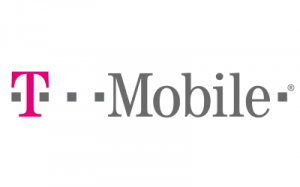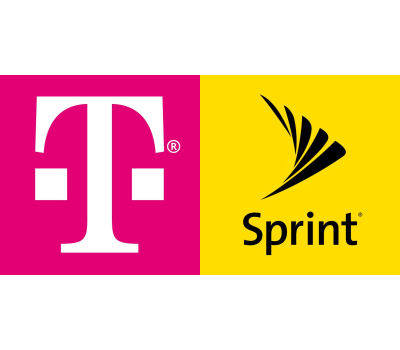 Several news sources, including the GSMA, the global trade organization for the wireless industry, have reported this morning that Sprint has bowed out of the bidding for T-Mobile, the fourth largest wireless carrier in the United States.
Several news sources, including the GSMA, the global trade organization for the wireless industry, have reported this morning that Sprint has bowed out of the bidding for T-Mobile, the fourth largest wireless carrier in the United States.
With T-Mobile on an increasing and steady incline over the last five quarters, and Sprint just about stagnant and in some areas losing customers, it seemed that both companies would have benefit from a deal reportedly worth $32 billion dollars.
Sprint parent Softbank was hoping to combine the third and fourth largest wireless carriers in the United States to compete more equally with giants Verizon and AT&T. It seems that Softbank CEO Masayoshi Son was not able to convince regulators that this was a good move for the US wireless landscape.
It was widely reported earlier this year, that the combined Sprint/T-Mobile entity would be run by current T-Mobile CEO John Legere with current Sprint CEO Dan Hesse stepping down, or at least to the side. Now, reports continue to circulate that Hesse will be replaced by Brighstar executive Marcelo Claure. Sprint acquired a controlling stake in the phone distributor in 2013, reports the GSMA.
While T-Mobile takes steps to innovate in the wireless industry, Sprint has favored more “creative” ideas like single social networking plans for $12 and of course crafting their own word, Framily, earlier this year. Neither of those efforts seem to be resonating as well as the “uncarrier” movement created by T-Mobile.
T-Mobile has been down this road before three years earlier with AT&T. At that time, T-Mobile had started to make corporate and store level moves for the combined company that never came to fruition. T-Mobile spent a good year and a half rebounding from that period to get to where they are today.
Through his tenure at T-Mobile, and throughout the talks of Sprint’s potential bid for the company, Legere has stayed focused on operating T-Mobile as a completely separate entity, which now seems to have been a very important strategy.
Although the exact amount has not been reported it’s believed the breakup fee in the Sprint/T-Mobile deal was in the neighborhood of $2 to $4 billion dollars. AT&T paid a break up fee of $3 billion to T-Mobile in 2012.

